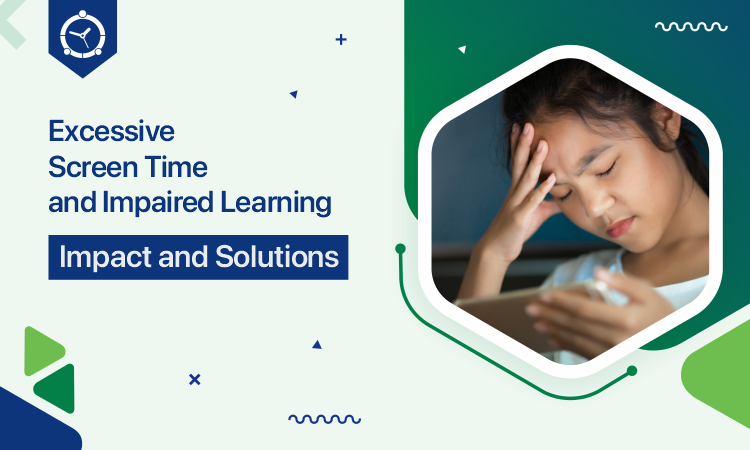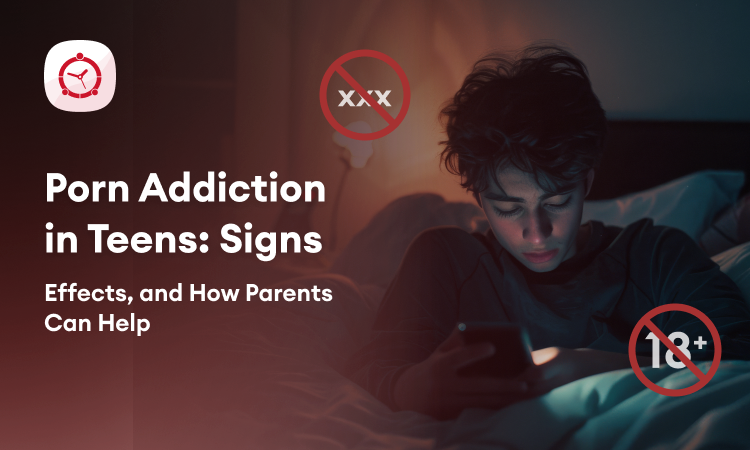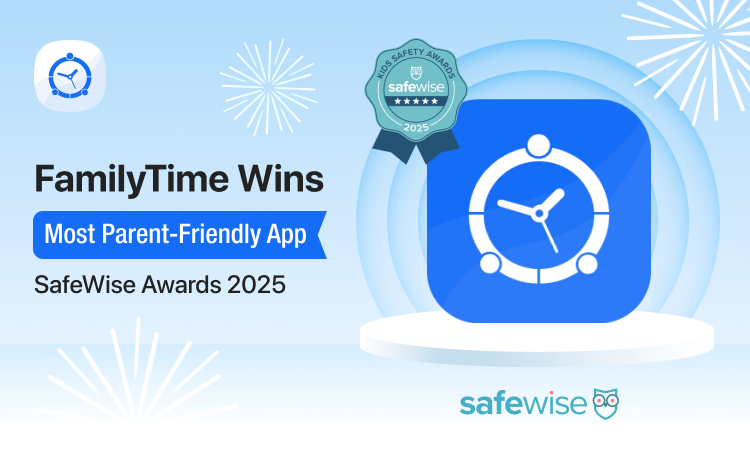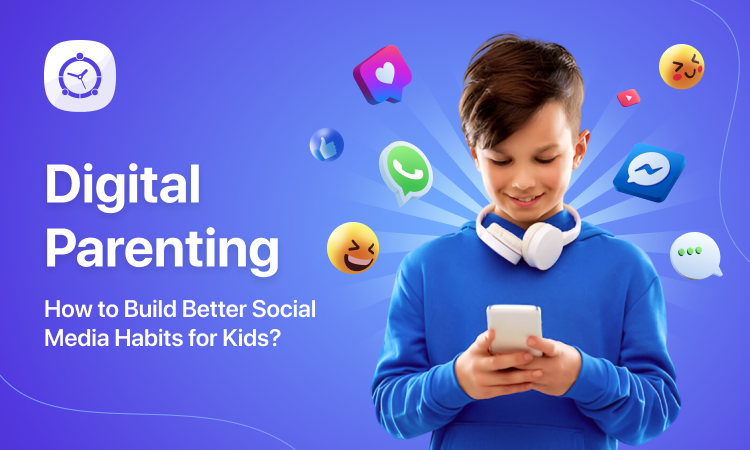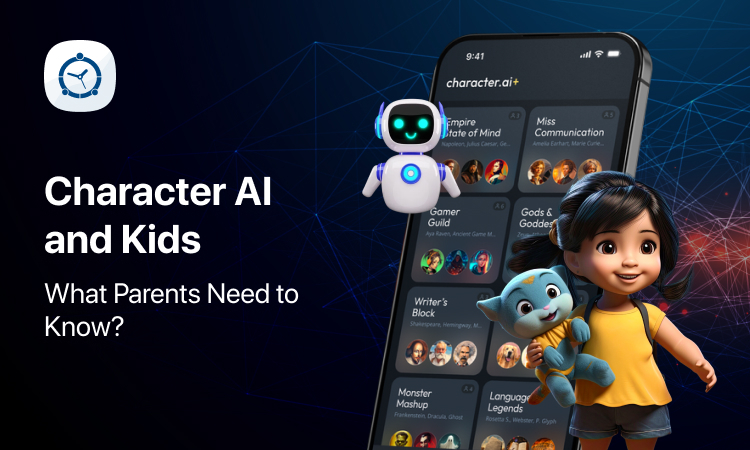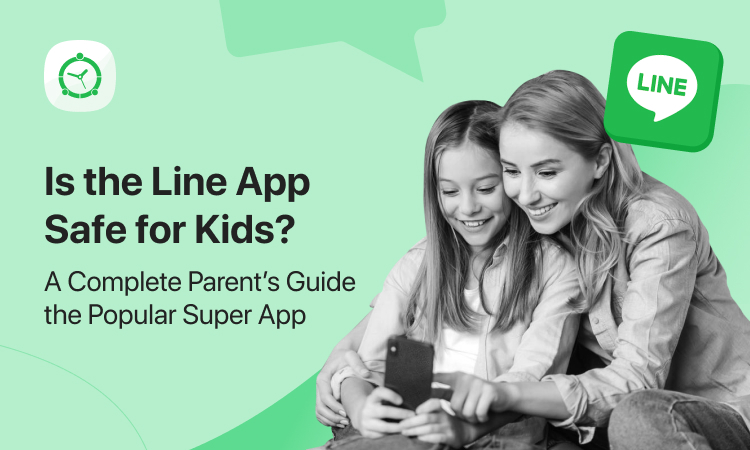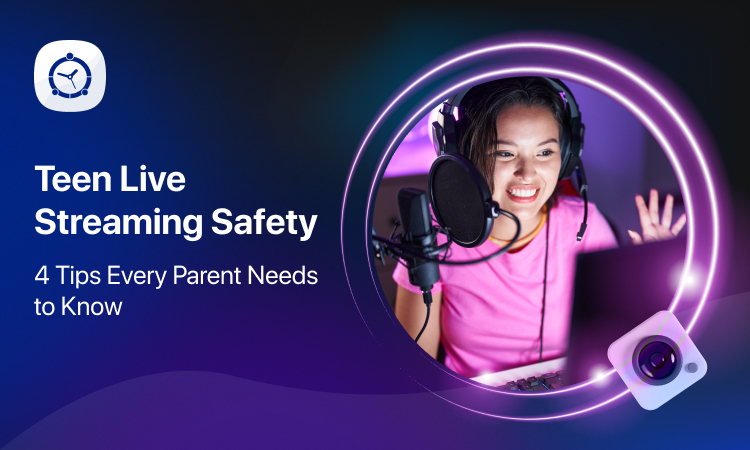Screens are everywhere, and whether we like them or not, they are here to stay. They are engaging and addictive (to the point where many people struggle to put them down). Undeniably, screens bring new opportunities for learning, communication, entertainment, and more. However, excessive screen time interferes with every aspect of our life, including sleep and learning ability. Let us look at how it affects our kids.
How Does Screen Time Affect Young Minds?
According to research by the National Institutes of Health (NIH) conducted in 2018, kids who watched screens for more than two hours a day got lower scores on language and critical thinking tests. On the other hand, the brain’s cortex had thinned in kids who spent more than seven hours watching screens. That area of the brain is responsible for reasoning and critical thinking. Moreover, screen time also correlates to poor quality of sleep.
Screen Time & Quality of Sleep
Our circadian rhythms and night-time are linked directly to one another. The sleep-inducing hormone – melatonin – kicks in once the sun sets. However, we defy nature by watching screens at night.
You may already know that the blue light emitting from screens inhibits melatonin production. Thus, delaying our sleep. Phones and tablets are typically closer to our faces (compared to TV screens), so their effect is much stronger.
We need sleep to help our brains recuperate and improve our learning abilities, right? Let’s take a moment to realize how excessive screen time impairs kids’ learning abilities and let it sink in.
Impact of Excessive Screen Time on Kids’ Learning Abilities
Young kids walking with their parents on the street with their eyes glued to screens is not an uncommon sight. They do not pay attention to anything around them, which is a huge problem.
What makes things worse is that parents don’t realize the gravity of the situation. Kids (with their faces buried in screens) do not experience a multitude of things around them, and it hinders their learning abilities in various ways. For instance,
- Diverted attention may lead them to accidents or injuries.
- They won’t experience the beauty of the world – the weather, the people, etc.
- Slower brain response in case of critical decision-making skills needed on the road.
- In-person interactions are next to none (despite being outside).
Kids develop language skills when they talk to people in person. Face-to-face interactions in open places teach valuable life skills to kids, such as conflict resolution, critical thinking, effective communication, spatial awareness, etc. Kids miss their chances to learn from others and their surroundings by constantly watching screens.
All the more reason for parents to pull up their socks and find effective solutions that can help limit excessive screen time for kids. If you don’t know where to begin, we have a few suggestions you may like.
Solutions
When it comes to the well-being of kids, parents must stand their ground. No matter how bad or bitter the medicine tastes, we give it to kids when they get sick because it helps them get better. Just like that, the reduction of excessive screen time is vital to counter impaired learning in kids. Here are a few solutions that may help.
Must-Have Screen Time? Have It Together!
Instead of shunning screens, try having it together with your kids. You can ask them to teach you how to play their favorite online game. Help them analyze what they watch online and how it is beneficial (or not) for them.
Select Media Wisely
Having joint screen time also helps you choose what to watch/play. Plan ahead and make well-informed choices on what movies/TV shows to watch with your kids. Consider the impact it will have on their personality and what they will gain from it.
Value Sleep & Health
Parents may help kids put down their screens after a specific time at night in three different ways. They can,
- Become a good role model by following the same set of rules themselves.
- Establish a night-time routine for kids at an early age.
- Use a parental control app (like FamilyTime) to restrict their kids from accessing their devices after a specific time.
By taking these actions, parents will help improve the quality of sleep for their kids and therefore improve their overall health.
Limit Screen Time
Many parental control apps provide screen time limiting services to help parents in need. However, FamilyTime is one of the best screen time limiting apps on the market. Why? Because it offers not one but many features that help parents effectively reduce excessive screen time for their kids.

It offers features like screen time limit, screen time schedule, internet schedule, app blocker, bedtime, FamilyPause, and so many others. Parents can manage everything through their own devices.
Have Screen Free Time with Kids
Create screen-free zones in the house and schedule screen-free times with kids. For instance, you can create a “no phones on the dinner table” rule. That way everyone will pay attention to each other and you may spend quality time strengthening your bond as a family. If that doesn’t work, you can explore other avenues like parental control apps, such as FamilyTime. These apps can also help you counter the excessive screen time problem.
Curious to check it out? Sign up, sit back in peace and experience the job well done with zero arguments.

